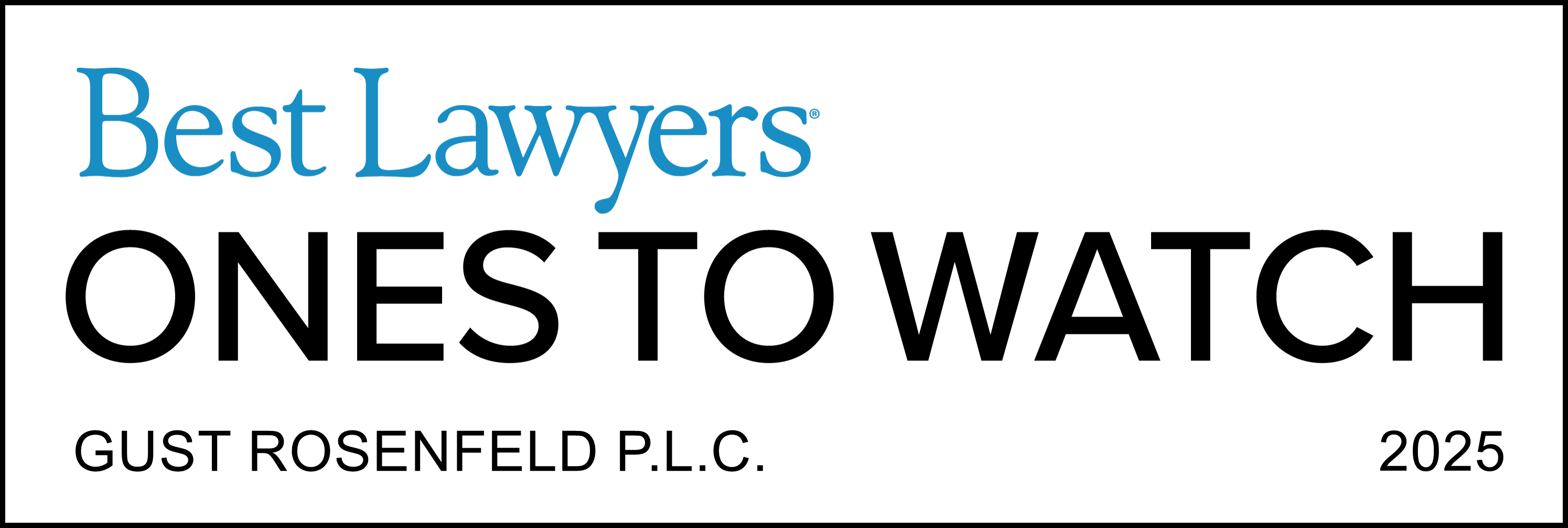Changes to the Open Meeting Law will Affect Public Bodies – Get Ready!
Effective August 3, 2018, clerks keeping minutes for public bodies, including cities towns, counties and school districts, must also record how each member voted on an item. Currently, it is common practice to just include the total number of votes for and against an item.
Unchanged is the requirement that the minutes need to include the names of members who propose each motion and the names of persons who make statements or present material to the public body.
The new legislation also impacts electronic communications among members of public bodies. The definition of “meeting” is changed to include (i) one-way electronic communication by one member of a public body that is sent to a quorum of the members and that proposes legal action, and (ii) an exchange of electronic communications among a quorum that involves a discussion, deliberation or taking legal action concerning a matter likely to come before the public body for action.
“Electronic communications” is not defined, but will include e-mail and platforms such as Facebook, LinkedIn, Twitter, Snapchat, Instagram, Pinterest and the like, often used by members of public bodies to communicate with their constituents. While this change to the definition of “meeting” is consistent with what most government attorneys have been advising, the new legislation expressly codifies what was previously only contained in an Arizona Attorney General opinion issued in 2005.
The take-away?
- Clerks must record how each member voted on an item (including who proposed each motion). Be careful with voice votes, as it can be difficult to determine how the members voted.
- Elected Officials should refrain from sending e-mails or other electronic communications to a quorum of the members of the public body. In fact, to avoid serial meetings, don’t propose legal action to any members electronically.
- Refrain from using electronic communications to discuss with members matters likely to come before the public body for action.
For more information, or if you have questions about the changes, please contact one of the following Gust Rosenfeld attorneys:
James T. Giel – 602-257-7495 – jgiel@gustlaw.com
Susan D. Goodwin – 602-257-7671 – sgoodwin@gustlaw.com
Robert D. Haws – 602-257-7976 – rhaws@gustlaw.com
Jennifer N. MacLennan – 602-257-7475 – maclennan@gustlaw.com
Andrew J. McGuire – 602-257-7664 – amcguire@gustlaw.com
Fred H. Rosenfeld – 602-257-7413 – rosenfeld@gustlaw.com
Sheila B. Schmidt – 602-257-7990 – sschmidt@gustlaw.com
Susan Plimpton Segal – 602-257-7425 – spsegal@gustlaw.com
Carrie L. O’Brien – 602-257-7414 – cobrien@gustlaw.com









